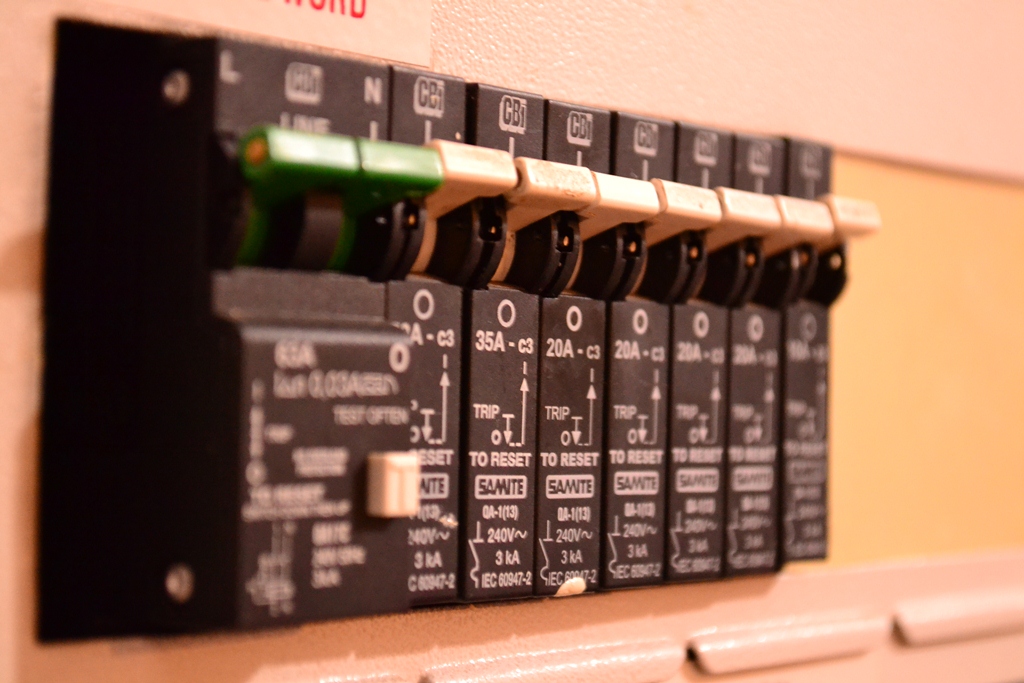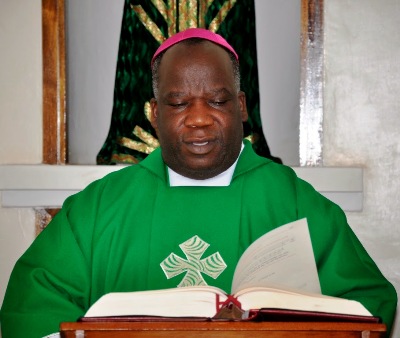Despite only 11 percent of Malawi’s population being connected to the national grid, there is an opportunity for all Malawians to have access to electricity by 2030, a sustainable energy study has established.
The study that was launched on Wednesday in Lilongwe, indicates that full access to electricity in the country can be achieved with financial support of $3 billion (about K2.1 trillion).
It was commissioned by the United Nations Development Programme (UNDP) alongside Malawi Government.
United Nations Office of the High-Representative for Least Developed Countries, Landlocked Developing Countries and Small Island Developing States director Heidi Schroderus-Fox said it is important for people to access electricity for any country to have meaningful development.
She, however, said Malawi cannot achieve this feat alone; hence, the need for it to work with its partners.
Said Schroderus-Fox: “Energy is the lifeblood of any economy. This study represents an important tool for Malawi to secure the sustainable energy future it aspires. This study provides development partners with an opportunity to assess and align their development assistance with Malawi’s energy efforts.”
Ministry of Natural Resources, Energy and Mining chief director for energy affairs Chimwemwe Banda said increased investment in sustainable energy will ensure that Malawians secure an inclusive and secure future.
“As the world is undergoing profound change across the global energy markets, with energy transformation growing stronger every year, Malawi should not be left behind, “said Banda.
“Therefore, increasing investment in sustainable energy production and supply will help secure an inclusive, prosperous and sustainable future for all.”
The study is expected to guide government and investors on how they can invest and develop the energy sector as per Sustainable Development Goal (SDG) 7 which focuses on achieving full access to electricity by Malawians by 2030.




